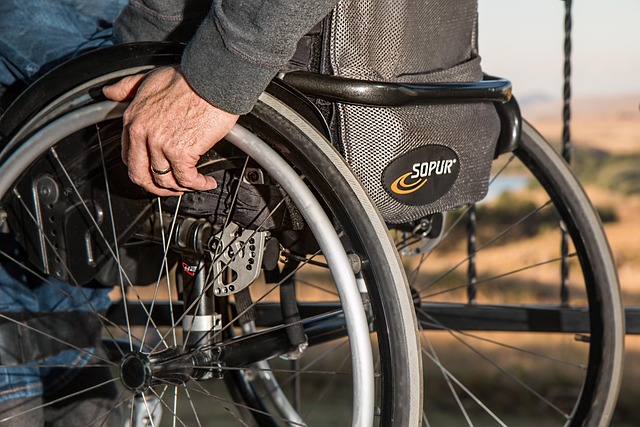The holiday season can be tough for those recovering from substance use disorders, but stress management workshops provide crucial support. Offering techniques like CBT, relaxation strategies (e.g., deep breathing, mindfulness), nutrition planning, and crisis intervention, these workshops help individuals maintain sobriety, cope with triggers, and build resilience during high-stress periods, including the holiday season. Online groups and Trauma-Informed Care further enhance these benefits. By adopting holistic approaches, including mindfulness exercises, healthier eating habits, and emotional regulation techniques, people can stay sober and resilient year-round.
Stress during the holidays is inevitable, but managing it is crucial. This article explores how stress management workshops equip individuals with essential coping skills, relaxation techniques, and emotional regulation strategies. With the holiday season often bringing heightened anxiety and emotional turmoil, these workshops offer practical solutions for navigating this challenging time. Learn about effective methods to stay sober, maintain balance, and foster well-being during the festive period.
- Understanding Stress During the Holiday Season
- The Role of Workshops in Teaching Effective Coping Mechanisms
- Practical Techniques for Emotional Regulation and Relaxation
Understanding Stress During the Holiday Season

The holiday season, while filled with joy and celebration, can also be a stressful time for many individuals. The pressure to attend social gatherings, gift-giving demands, and family dynamics can trigger feelings of anxiety and depression. Understanding and managing stress during this period is crucial for maintaining mental well-being. This is especially important for those in recovery from substance use disorders, as stress can act as a trigger for relapse.
Workshops focused on stress management offer valuable tools to navigate the holiday season. Techniques such as cognitive-behavioral therapy (CBT) reframing negative thoughts and behaviors, coupled with relaxation strategies, empower individuals to cope effectively. Nutrition planning services for optimal health recovery can also play a significant role in managing stress levels, ensuring individuals make healthy choices during this busy period. Additionally, crisis intervention training equips participants with the skills to recognize and handle emotional triggers, promoting resilience and a sense of control during potentially challenging holiday interactions.
The Role of Workshops in Teaching Effective Coping Mechanisms

Stress management workshops play a vital role in equipping individuals with effective coping mechanisms, especially during challenging periods like the holiday season. These interactive sessions provide a safe space to learn and practice various relaxation techniques, such as deep breathing exercises and mindfulness meditation, which are proven to reduce stress levels and enhance emotional well-being. By fostering an environment of support and understanding, participants gain valuable skills to navigate through difficult emotions and triggers, ensuring they stay sober and resilient during high-pressure times.
Workshops focused on these strategies often incorporate elements of Trauma-Informed Care, enabling individuals to process past traumas while developing healthy coping habits. Online recovery support groups and Crisis Intervention Training further complement these workshops by offering additional resources for ongoing emotional regulation and recognizing emergency situations proactively. These comprehensive approaches not only empower individuals but also foster a sense of community, which is crucial in the journey towards managing stress and maintaining sobriety throughout the holiday season and beyond.
Practical Techniques for Emotional Regulation and Relaxation

Stress management workshops equip individuals with practical techniques to regulate emotions and achieve relaxation during demanding times, especially during the holiday season. These workshops often introduce mindfulness exercises that help participants stay present and grounded, enabling them to navigate through stressful situations without resorting to unhealthy coping mechanisms.
One such technique is deep breathing exercises, which have been shown to reduce stress hormones and promote a sense of calm. Integrating yoga and meditation into holistic wellness programs also offers powerful avenues for emotional regulation. These practices foster self-awareness and teach individuals how to respond rather than react impulsively to stressful triggers. Furthermore, focusing on nutrition and adopting healthier eating habits can significantly impact one’s ability to manage stress and stay sober during periods of heightened anxiety, like the holiday season.
Stress management workshops offer valuable tools for navigating the holiday season, especially for those seeking ways to stay sober. By teaching effective coping mechanisms, relaxation techniques, and emotional regulation strategies, these workshops empower individuals to maintain their mental well-being amidst the festivities. Incorporating these practices can lead to a more balanced and enjoyable holiday experience, allowing one to focus on personal health and resilience.






